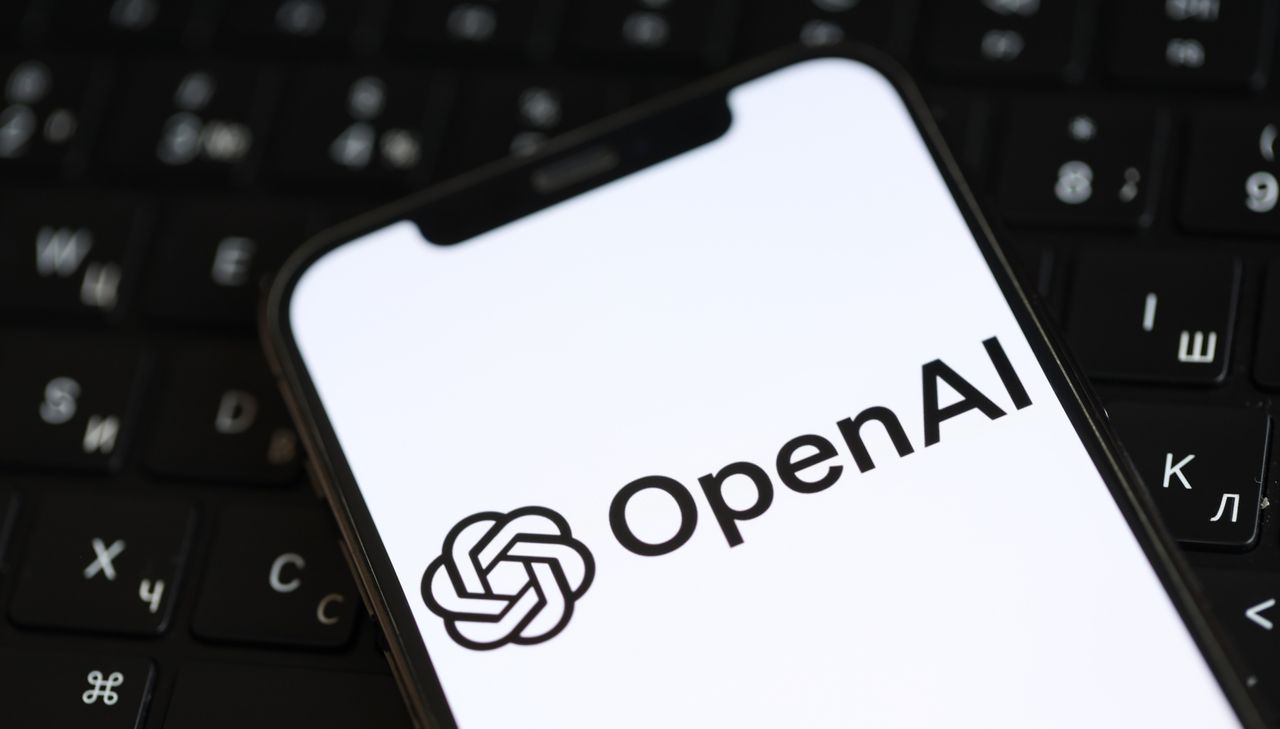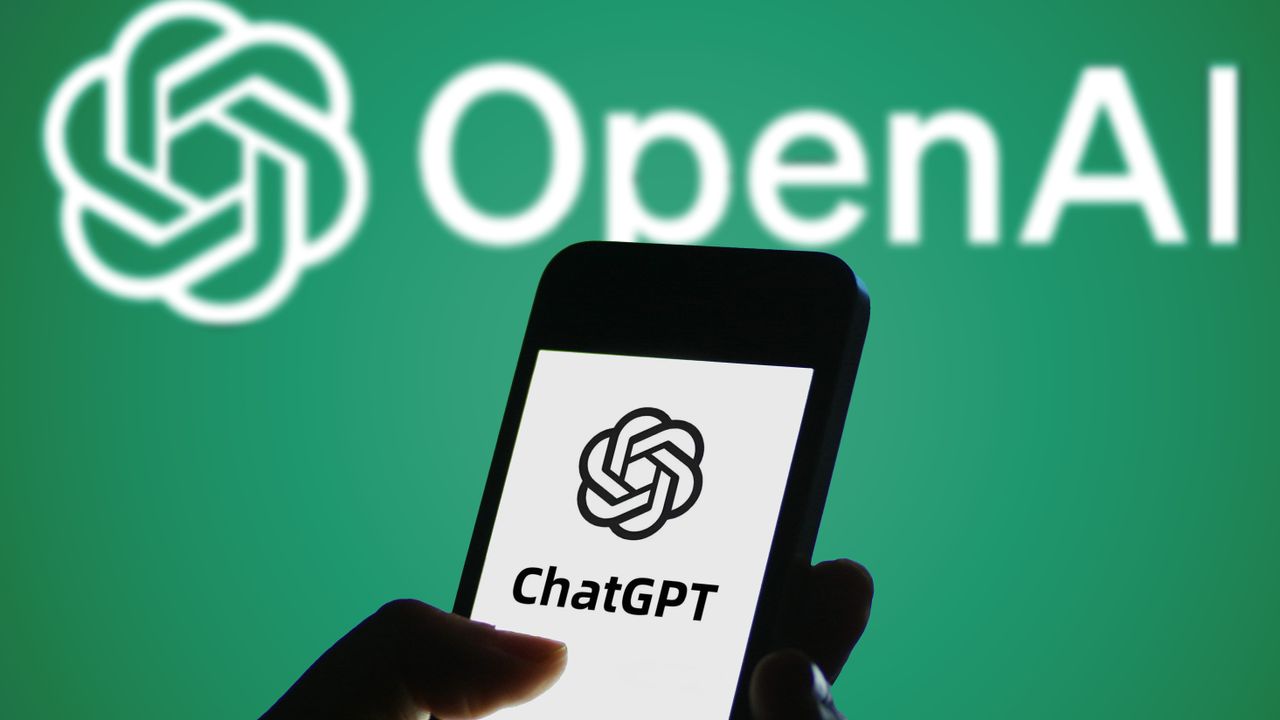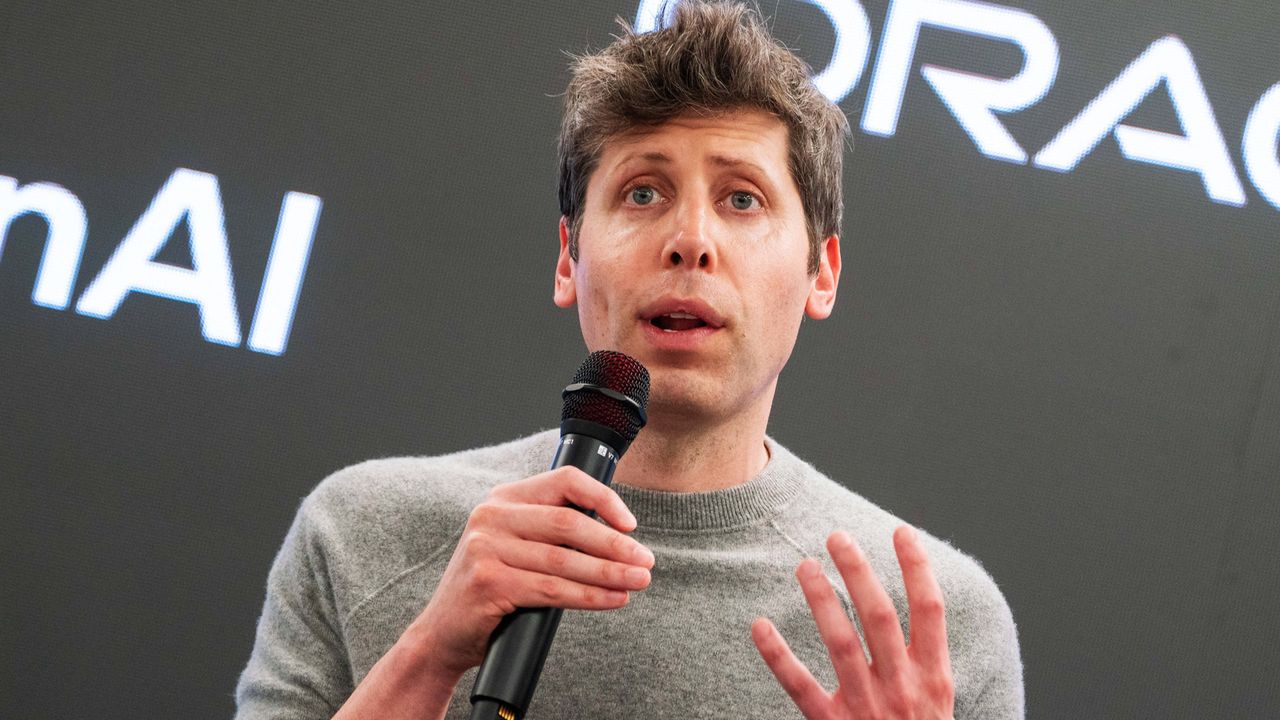Prompt Security's Itamar Golan on why generative AI security requires building a category, not a feature
PositiveTechnology

- Itamar Golan, co-founder and CEO of Prompt Security, discussed the pressing security challenges posed by generative AI during a recent interview. He emphasized the need for organizations to build comprehensive security solutions rather than merely adding features, highlighting a real-world incident that underscored the urgency of protecting AI applications. Golan's insights reflect a strategic shift in how companies approach AI security in an evolving technological landscape.
- The development is significant for Prompt Security as it positions the company as a leader in the generative AI security space. Golan's focus on creating a market-leading platform rather than competing on features indicates a long-term vision aimed at empowering enterprises to adopt AI securely. This approach aligns with the growing recognition that robust security measures are essential for the successful integration of AI technologies in various sectors.
- The conversation around AI security is increasingly relevant as organizations grapple with the implications of generative AI advancements. Companies like Cisco have raised alarms about the risks associated with aging technology, which can be exploited by attackers in the context of new AI capabilities. This highlights a broader industry concern regarding the need for updated security frameworks to safeguard against evolving threats, as well as the competitive landscape where new AI models and startups are emerging to challenge established players.
— via World Pulse Now AI Editorial System







